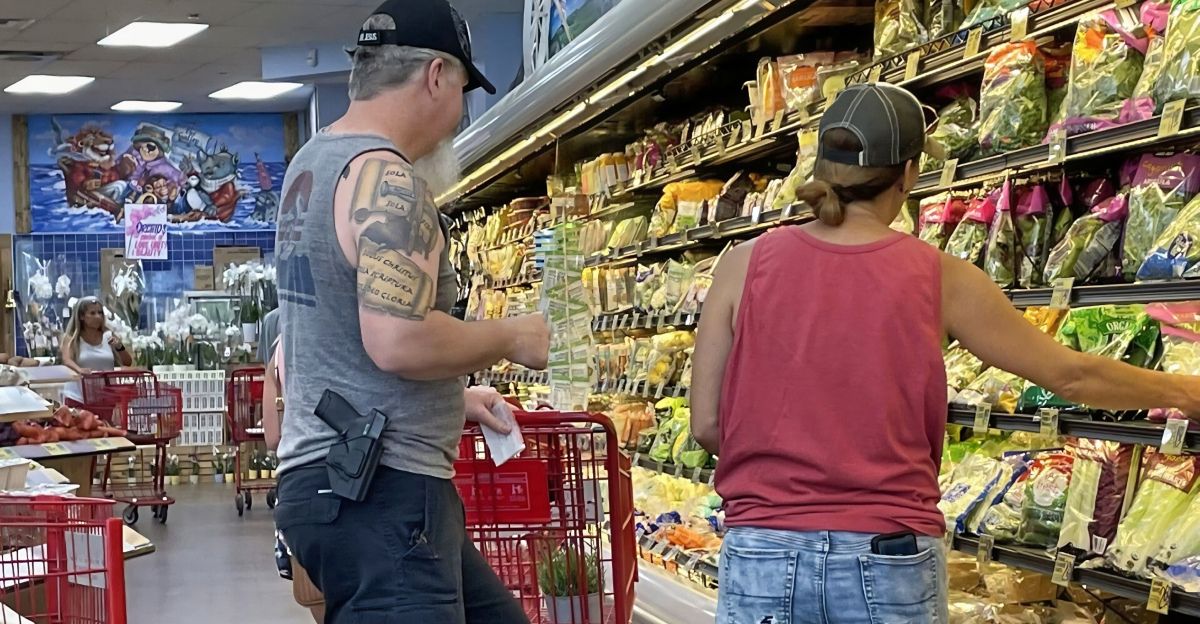
Pennsylvania legislators are changing thing up in a dramatic way. Lawmakers want to pass a policy that will ban an everyday item that consumers have gotten used to for decades since its inception. While it’s been a handy and convenient tool, it has darker insinuations on the environment.
The proposed law shows a radical shift and growing trend across America, as other states are considering implementing similar bans. The overall goal is to reduce environmental pollution.
Single-Use Plastic
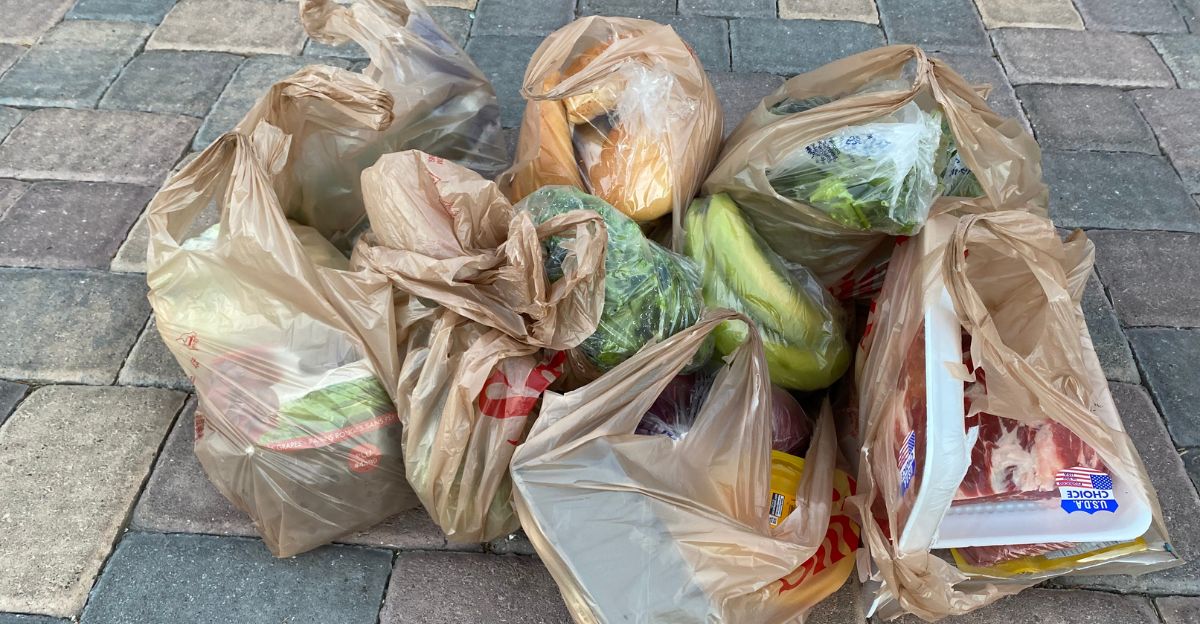
Single-use plastic products are some of the most convenient ways to hold food and drinks and carry your groceries. However, they have an enormous impact on the environment.
Most single-use plastic grocery bags are used to take groceries home and are often only used once, creating waste and harming wildlife. Philadelphia alone uses an estimated one billion plastic bags every year, and less than 2% of them are recycled.
How Would The Law Work?
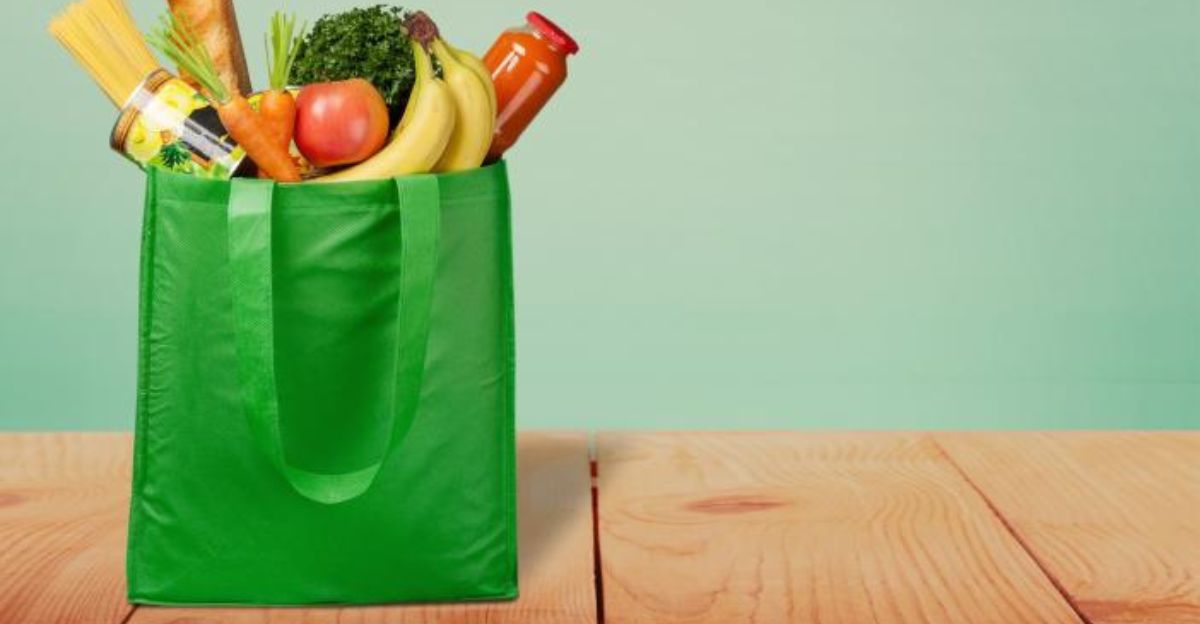
In Pennsylvania, the proposed law would ban retailers from giving out or selling single-use grocery bags at checkout. Businesses would have to seek alternative, eco-friendly options, such as reusable or biodegradable bags.
While this would target the checkout, some items would still be allowed to be carried in a plastic bag, such as medication, produce, and frozen foods.
Are Shoppers At Risk?
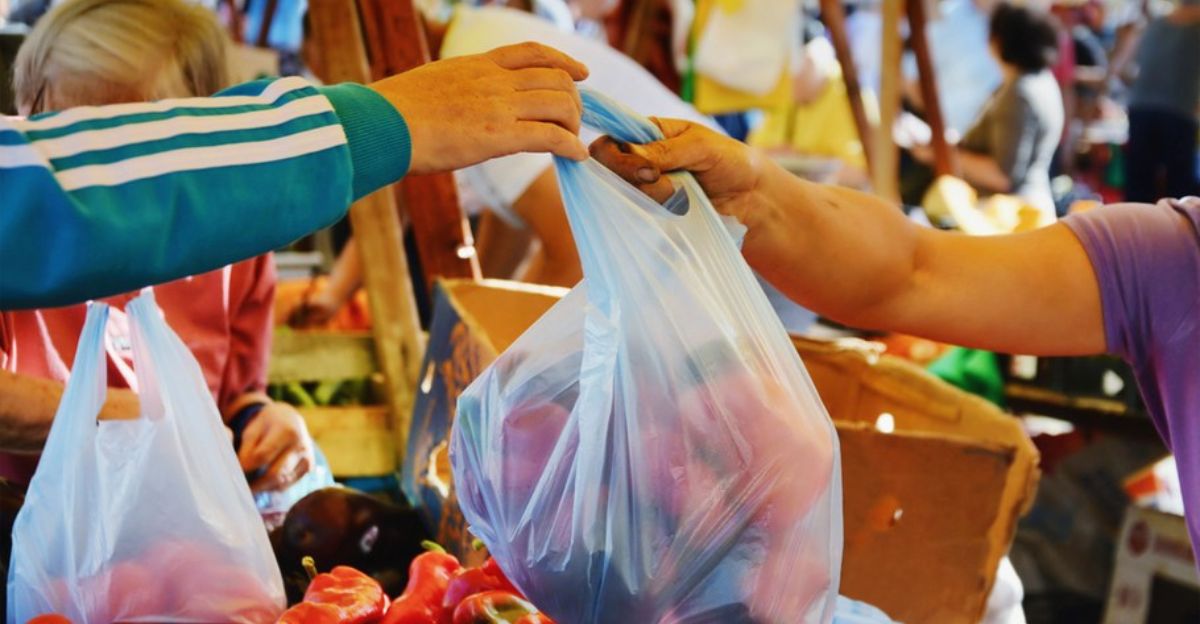
Despite the alarming notion that checking out with a plastic bag could leave shoppers at risk of fines, this, thankfully, shouldn’t be the case. The policy is clear, and only businesses and retailers will be fined if the law goes into effect.
However, internationally, there are a few exceptions. Kenya has a strict policy that means both businesses and consumers could face harsh penalties. In Western regulations, the focus is on changing retailer behavior and is not aimed at shoppers.
What Penalties Will Businesses Face?
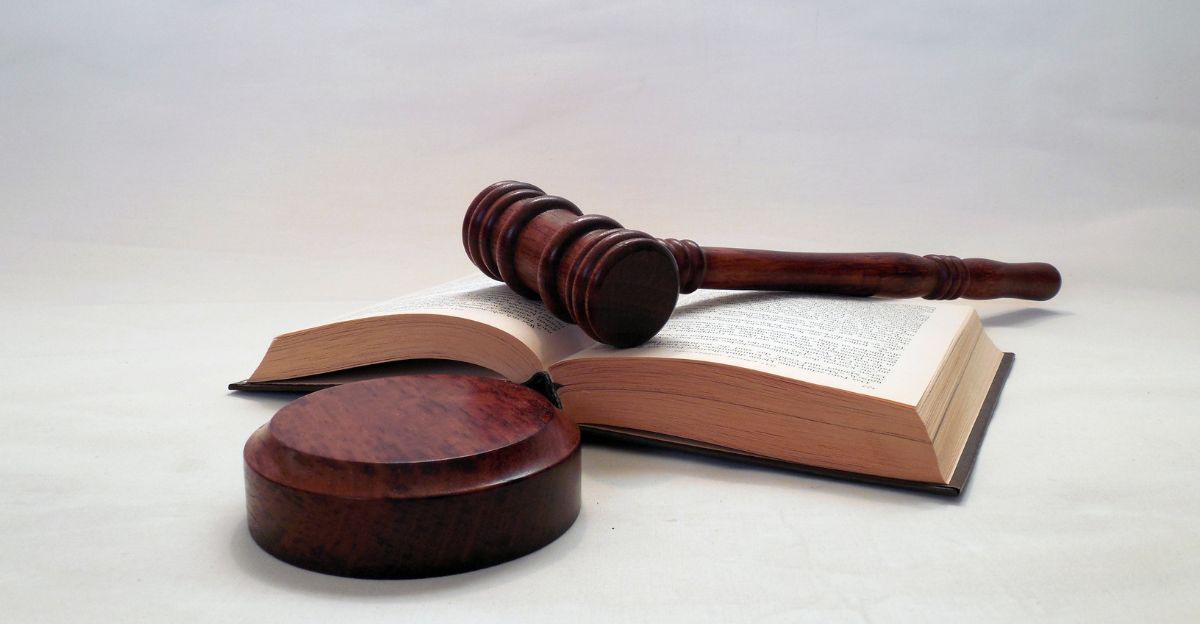
If this law is passed, then businesses could face penalties depending on the scale of the offense. The first offense could result in a one-time warning, but repeated offenses would range in fines of up to $500.
The penalties could fluctuate depending on the city, but the law doesn’t want to just be about punishment, and rather be about compliance and education.
Alternatives
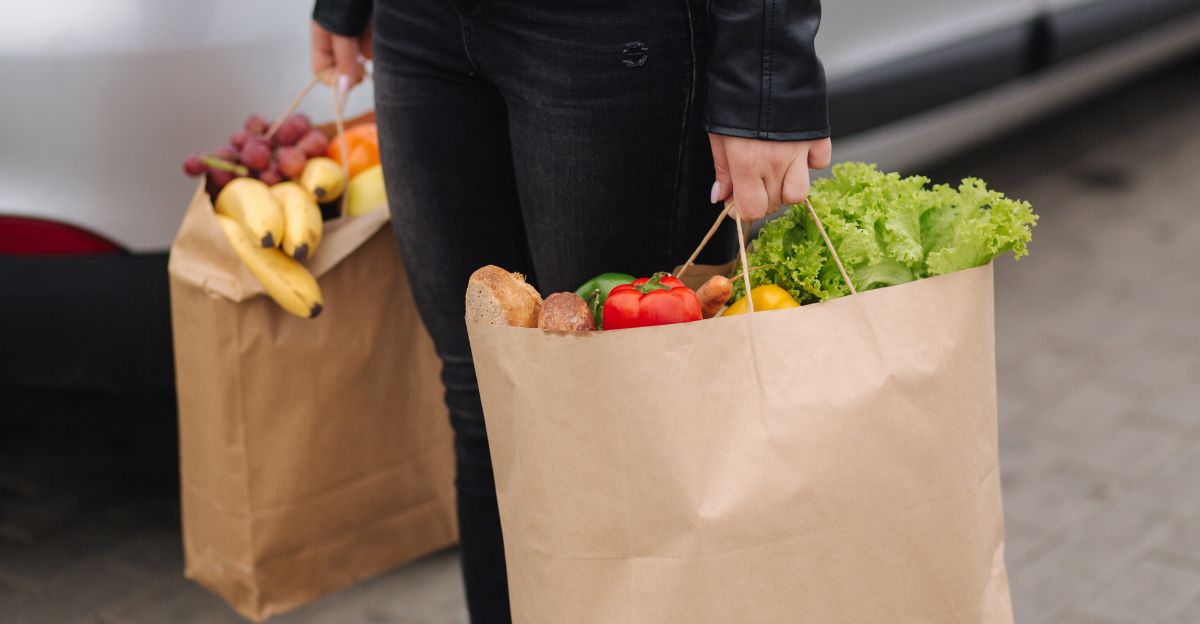
Shoppers would see a dramatic decline in plastic grocery bags following the ban, but alternatives would be offered by all businesses and retailers. Paper bags made from recycled materials are biodegradable and won’t cause significant harm to the environment as plastic bags do.
These would be offered for a small fee, around 10 cents each. Stores might start selling their own reusable bags at a higher cost.
Special Exceptions
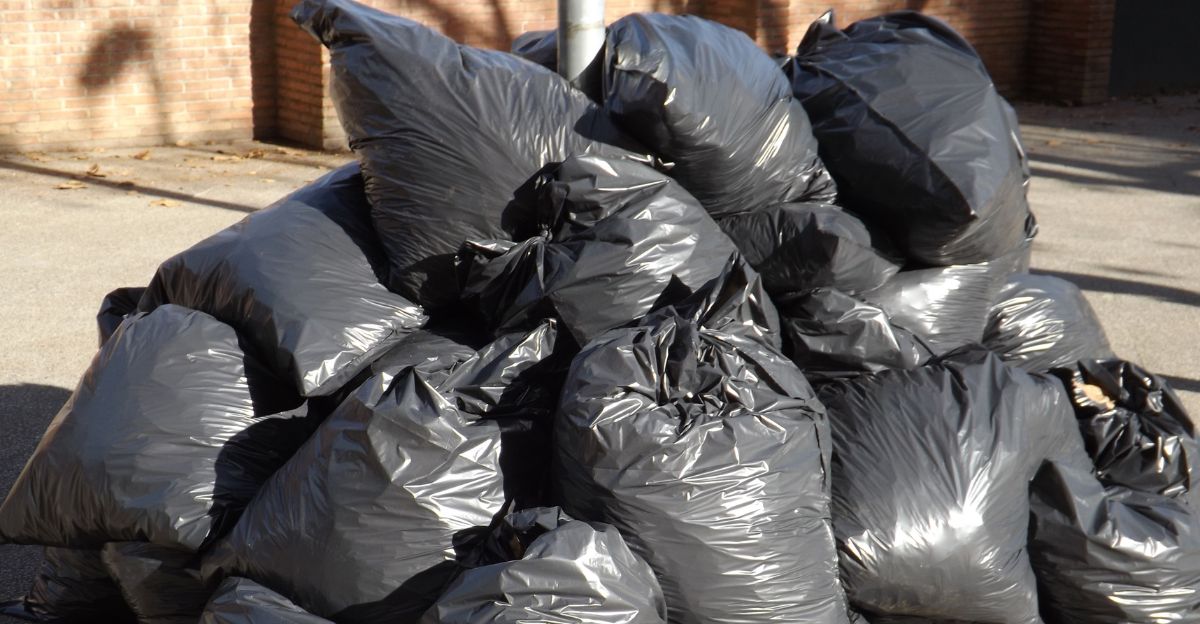
While this band focuses on the retail space and targets single-use plastic bags at checkout, there will be exceptions that will be allowed. Bags for meat, fish, prescription drugs, and produce will be allowed, as well as plastic bags for garbage, pet waste, and yard work.
The policy aims to reduce the biggest culprit instead of banning plastics used for essential services or cracking down on consumers who aren’t the problem.
Examples From Other States
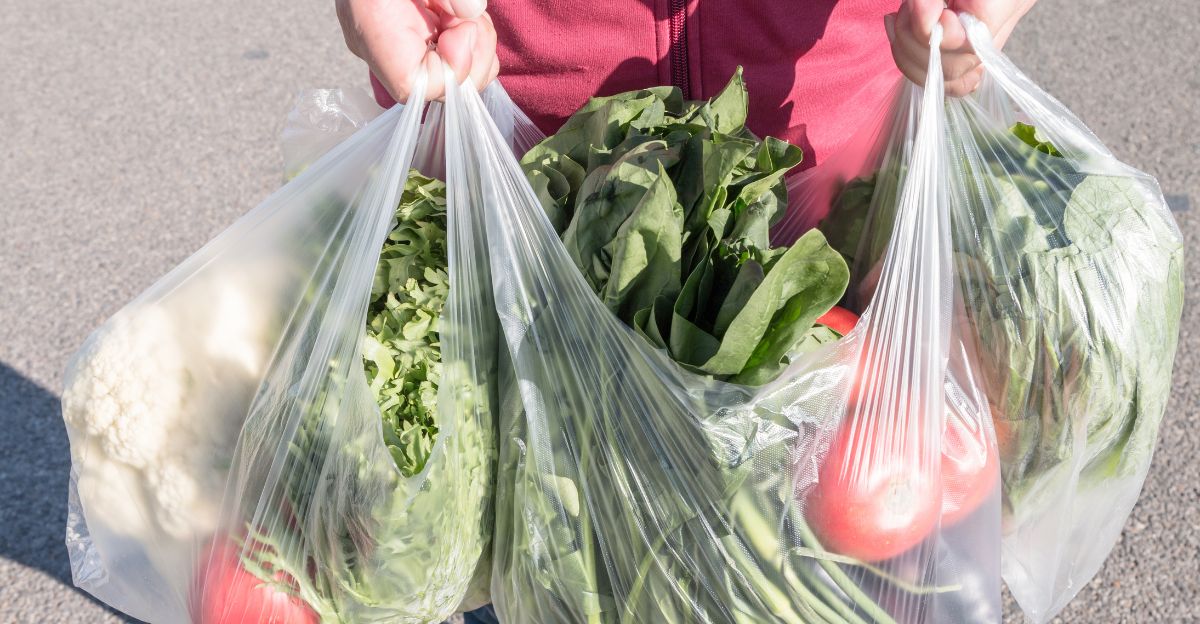
Pennsylvania isn’t the first state to think of implementing a single-use plastic ban. States like New Jersey, New York, and California have similar laws, but their effectiveness if up to debate.
The plastic bags targeted saw a decline, but businesses sidestepped the ban by producing thick “reusable” plastic bags, while consumers still treat them as single-use.
Effectiveness Of The Ban
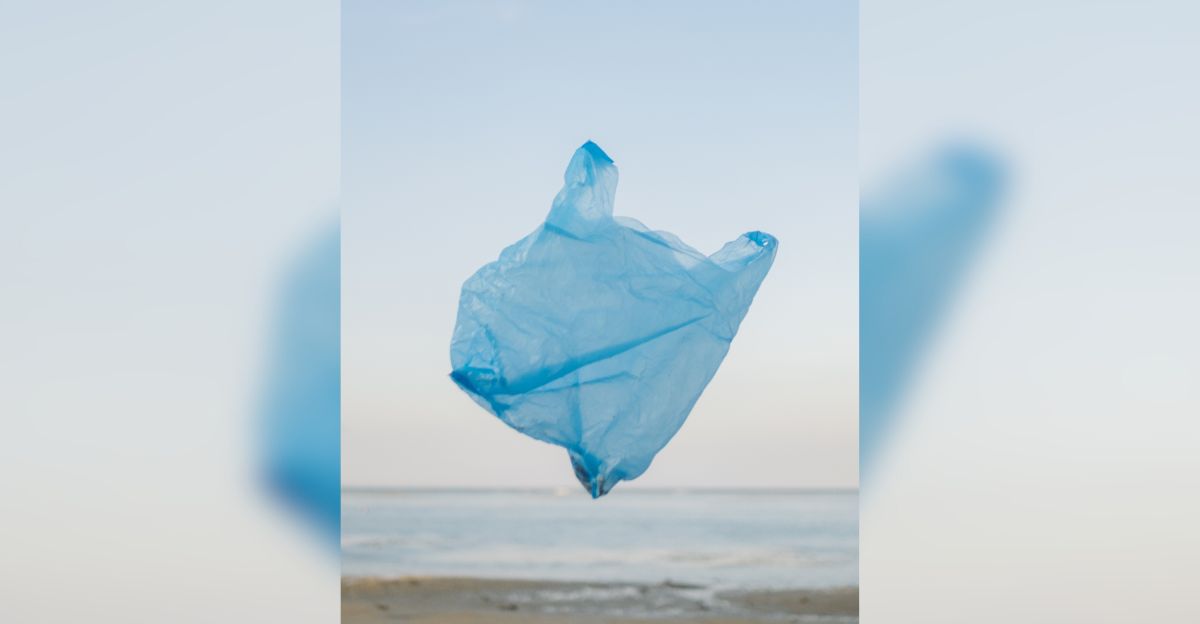
Many studies have proven that a ban on plastic bags reduces litter and plastic pollution in the affected region. However, these bans need to be well-enforced, and loopholes that businesses are using need to be closed. California’s ban alone has meant that 490 fewer plastic bags are used per person every year.
The goal of the ban is to change people’s habits and slowly wean them off of buying a disposable plastic bag every time they shop at a grocery store. This will reduce the overall pollution and danger to wildlife in the long term.
What Shoppers Can Do
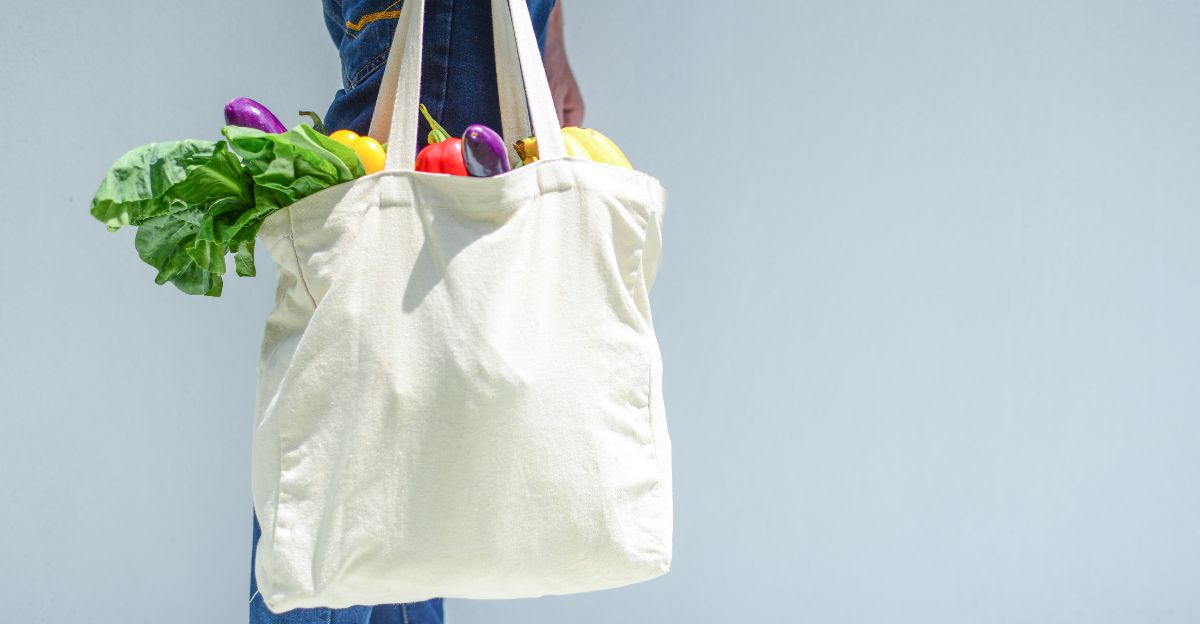
While it remains to be seen if the law passes in Pennsylvania, shoppers can prepare themselves by purchasing their own reusable shopping bag once and keeping it in their car for grocery shifts.
This practice, even while plastic bags are available, helps in the battle against pollution and non-biodegradable products staying in the environment for many years. Everyone can play their part in reducing pollution and protecting the planet for future generations.
Discover more trending stories and Follow us to keep inspiration flowing to your feed!

Craving more home and lifestyle inspiration? Hit Follow to keep the creativity flowing, and let us know your thoughts in the comments below!
